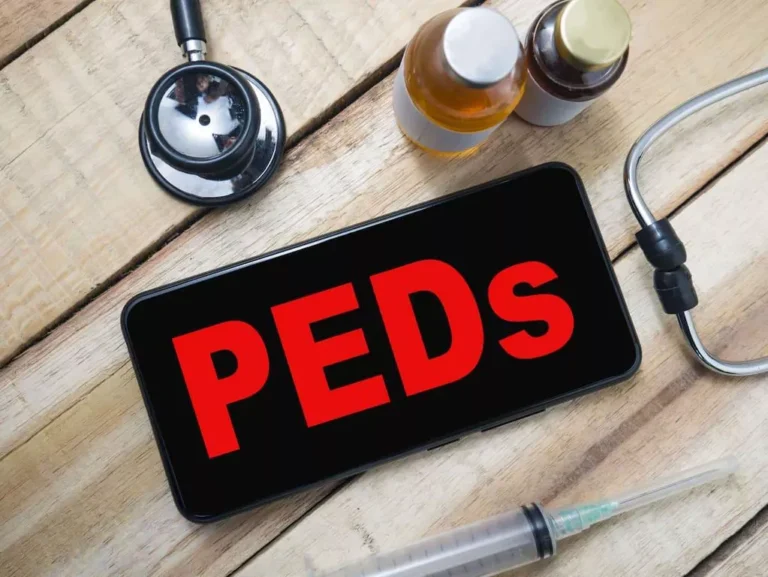
Malted barley is used to make beer and some other alcoholic drinks, such as whiskey, and some alcoholic drinks contain wheat. Therefore, if you have celiac disease or non-celiac gluten sensitivity, you’ll need to steer clear of conventional beer and some other drinks. If you experience any of these symptoms after consuming alcohol, seek immediate medical care. Chronic fatigue syndrome (CFS) is a chronic condition involving pain, insomnia, and severe fatigue that does not improve with rest. A 2023 study found that individuals with CFS are more likely to experience alcohol intolerance.
Related conditions

Read beverage labels to see whether they contain ingredients or additives you know cause a reaction, such as sulfites or certain grains. Although alcohol intolerance usually isn’t a serious issue, you may want to discuss it with your doctor at your next appointment. Lifestyle changes, coping strategies development, and support systems are essential components of managing alcohol intolerance and preventing complications. Integrated care models involving various healthcare professionals are recommended to manage alcohol withdrawal and reduce the risk of relapse.

Lifestyle Quizzes
If you have an allergy, your immune system over-reacts to contact with a trigger or “allergen.” If you have an alcohol allergy, your immune system treats alcohol as a threat. It responds to alcohol by producing antibodies known as immunoglobulin E (IgE). If you have a true alcohol allergy, even small amounts of alcohol can cause symptoms. Unfortunately, the only treatment for alcohol intolerance is avoiding alcohol. No drug will help you avoid the symptoms of alcohol intolerance or lessen your cancer risk. For those who experience allergy-like tolerance changes, it’s important to note that symptoms can worsen over time.
Learn More About Your Digestive Health With Everlywell

Continuing to drink alcohol while knowing alcohol intolerance you are intolerant (or allergic) can also have severe health consequences. However, a person is usually allergic or intolerant to certain ingredients in the drink, rather than the alcohol itself. The enzyme diamine oxidase breaks down histamine that people consume from foods and beverages. If people do not produce enough of this enzyme, they may not break down histamine efficiently, which may lead to intolerance symptoms.
Can you suddenly develop an alcohol allergy?
- Metronidazole (Flagyl) and disulfiram (Antabuse) are the most common medications that cause this.
- Symptoms of an alcohol allergy can be more severe, including rashes, swelling, and, in extreme cases, anaphylaxis.
- Your healthcare provider will ask you about the symptoms and reactions that occur after you drink alcohol.
- The amounts of histamine vary between wines, but generally, there is more histamine in red than white wine.
Alcohol intolerance is most common in people of Asian descent but can occur in anyone. For those with genetically-caused alcohol intolerance, the most straightforward approach is to avoid alcohol altogether, preventing the onset of symptoms. Because acetaldehyde is toxic and carcinogenic (causing cancer), avoiding alcohol altogether is the only option that medical professionals will recommend. Of these symptoms, facial flushing is the most common and will almost always be present. With alcohol intolerance, these symptoms will begin almost immediately after exposure to alcohol. While drinking alcohol is the most common trigger, other actions, like using cough syrup containing alcohol or alcohol-based hand sanitizer, may also trigger these symptoms.
